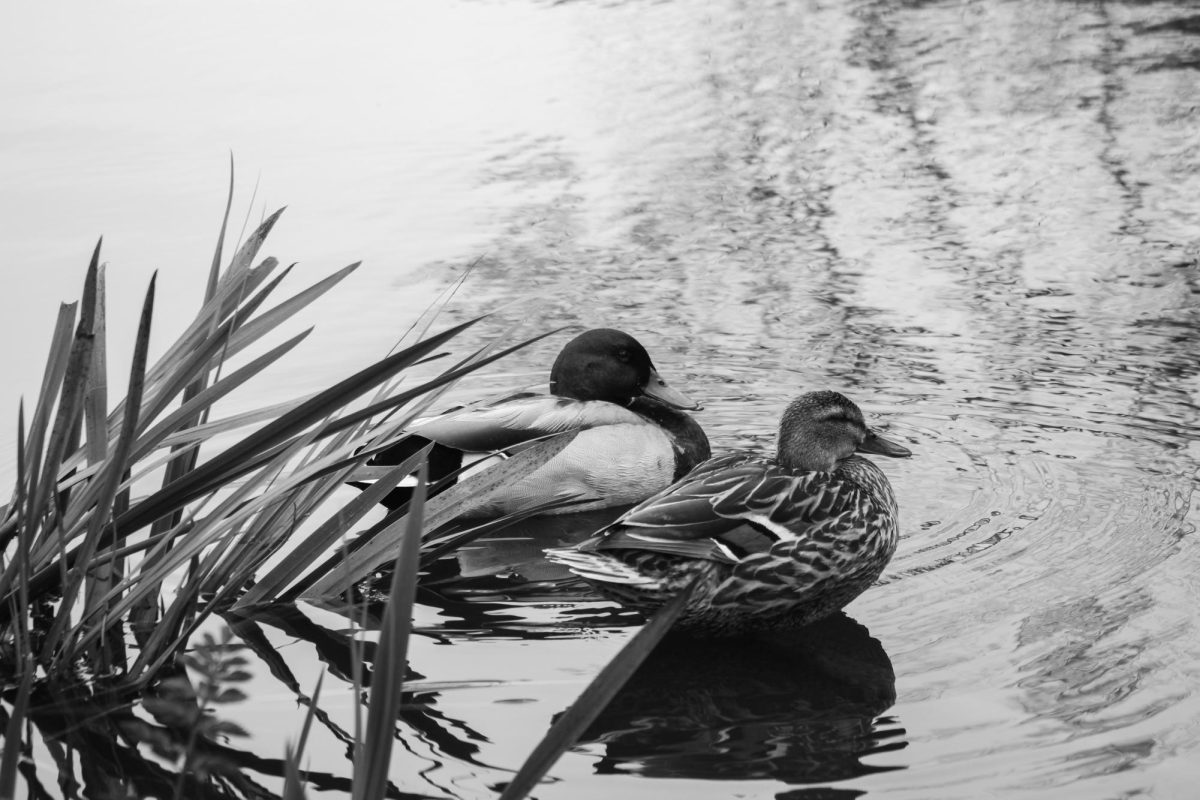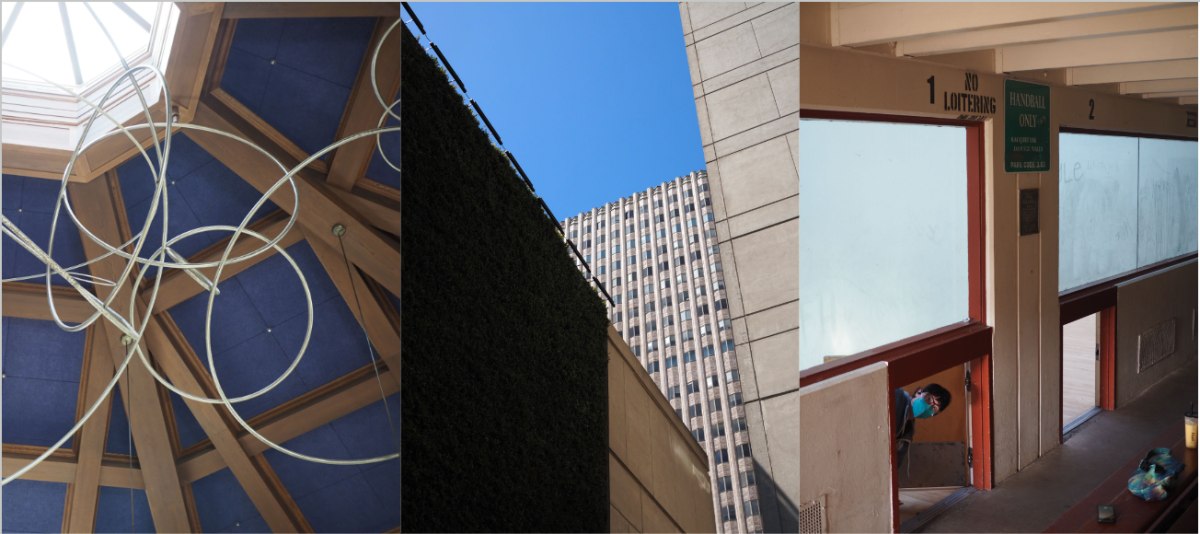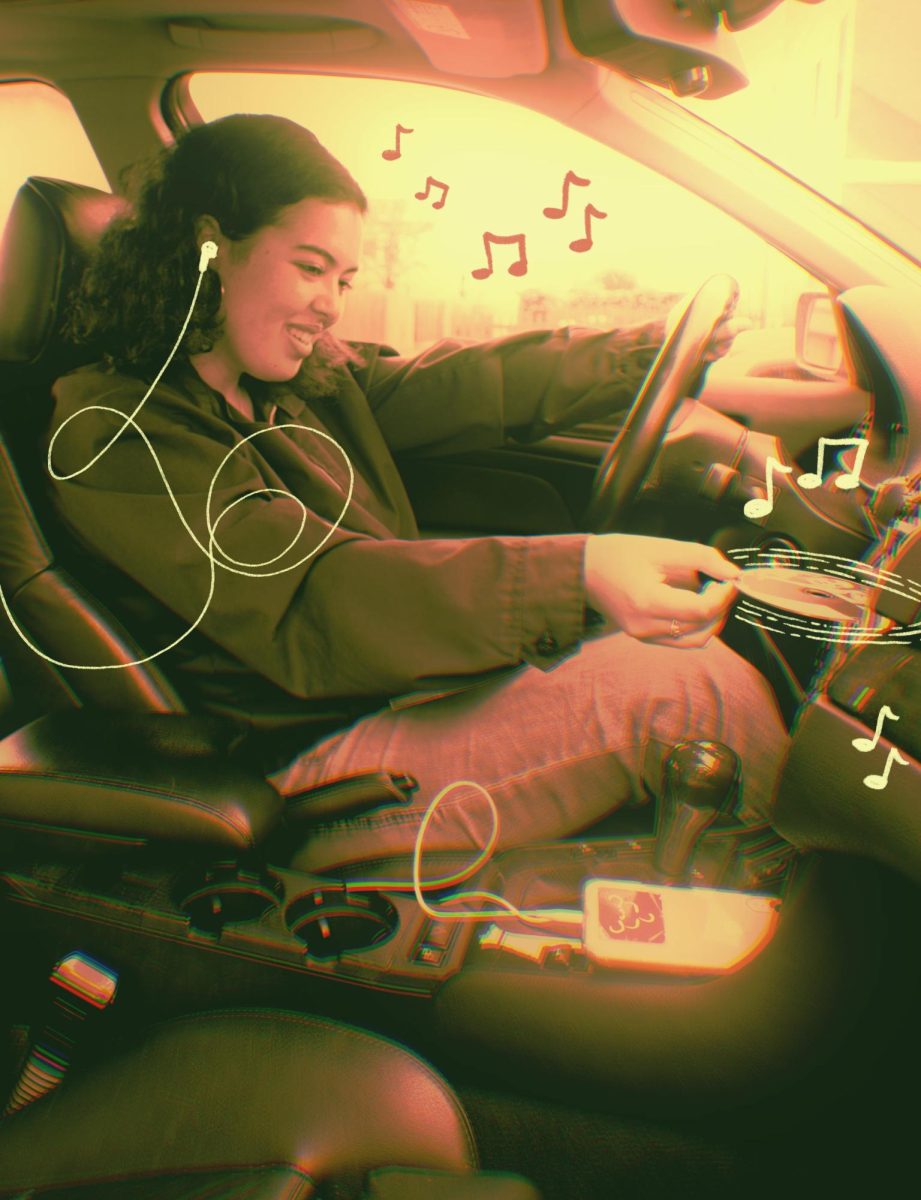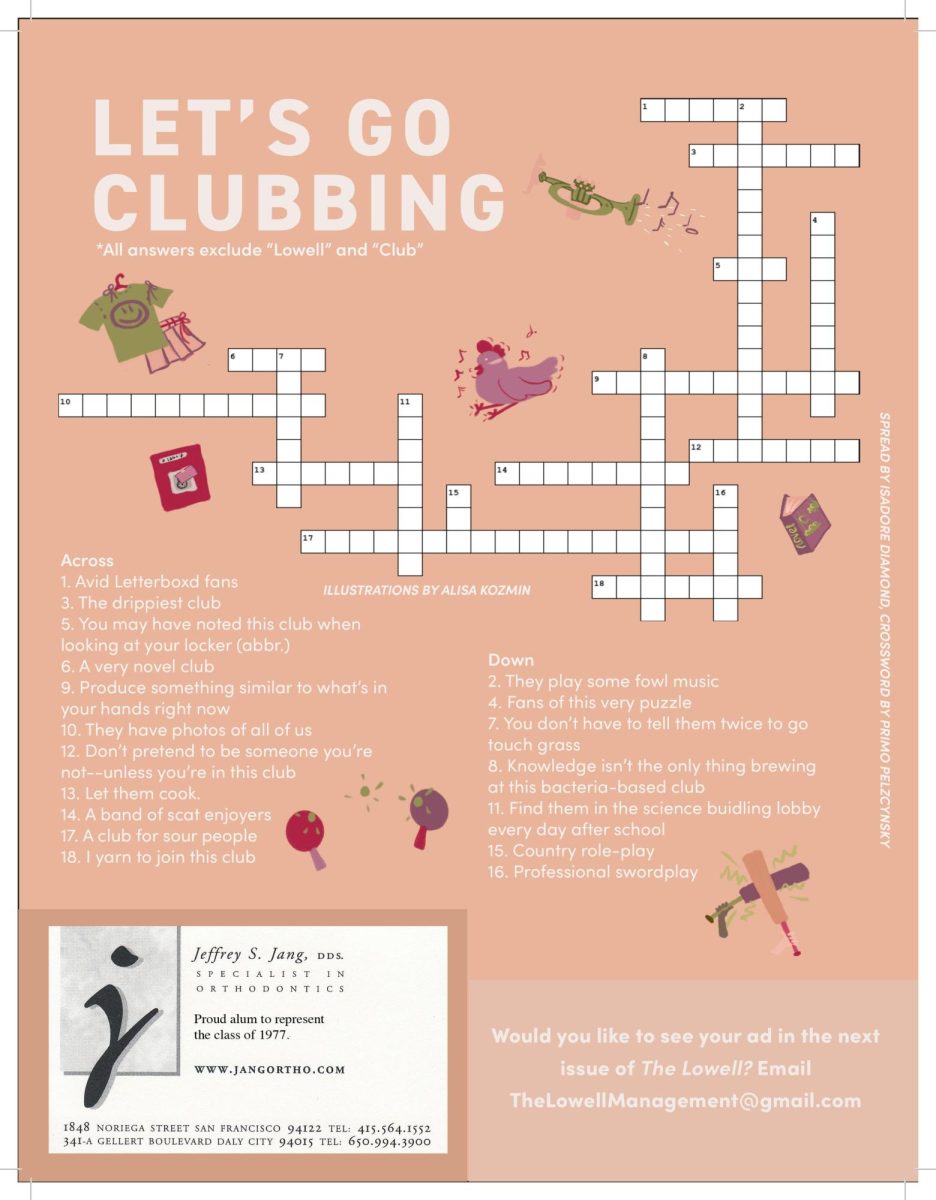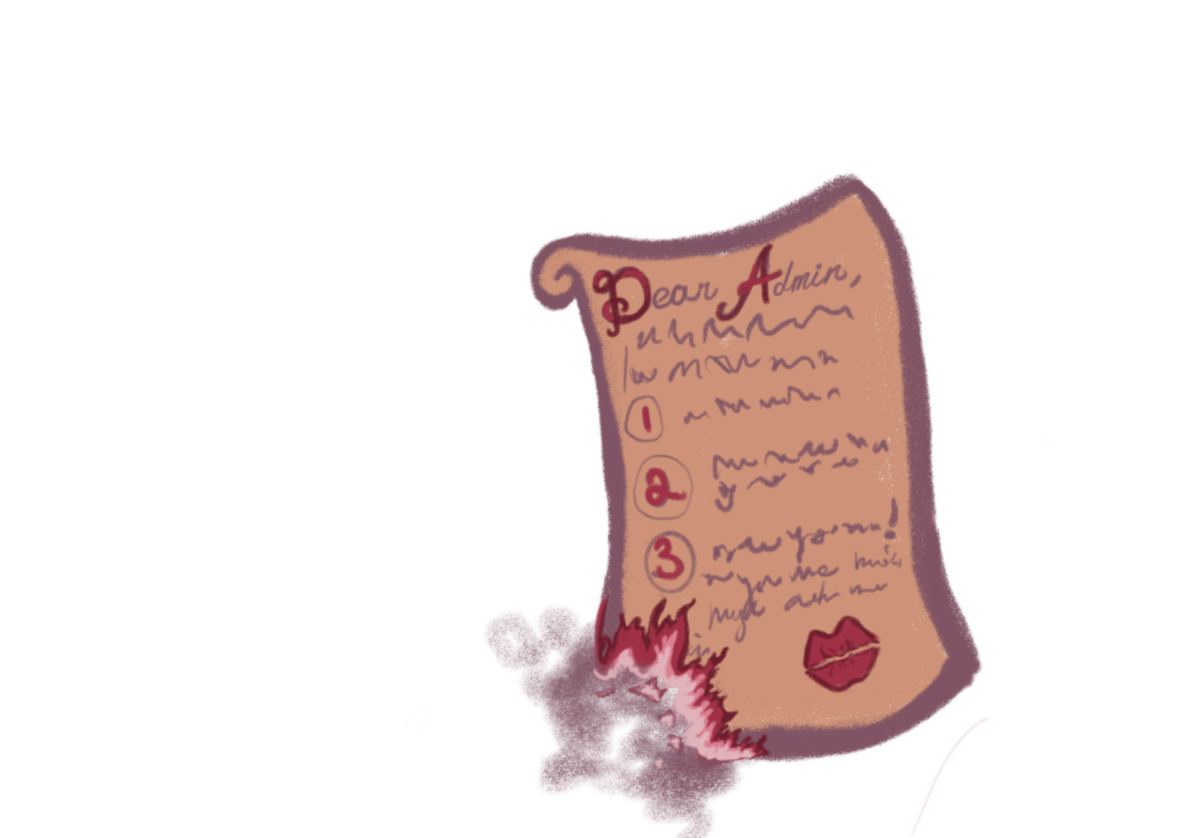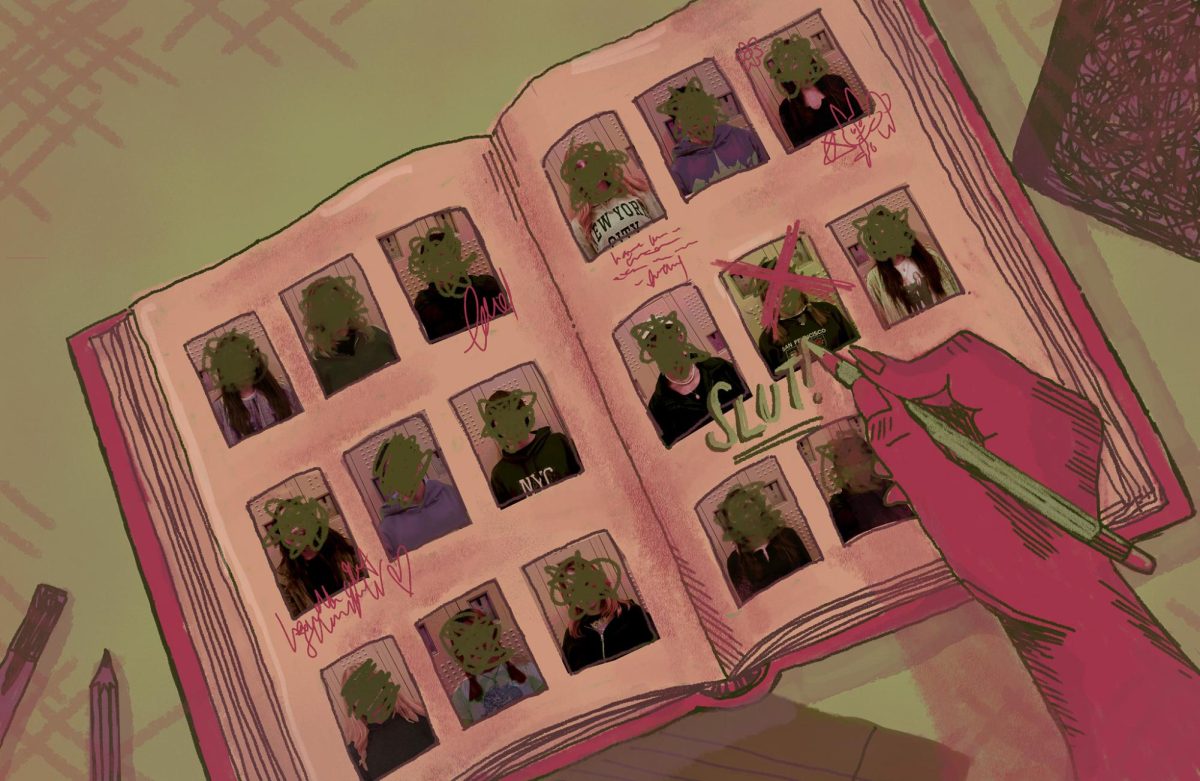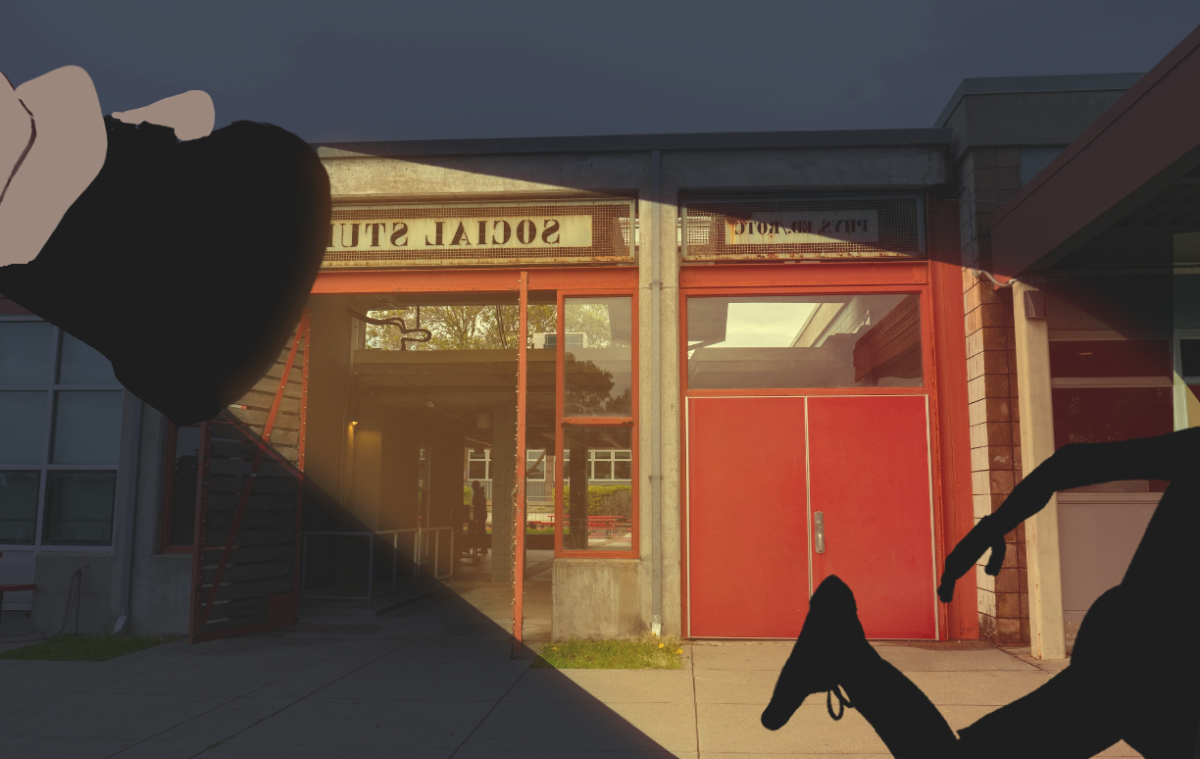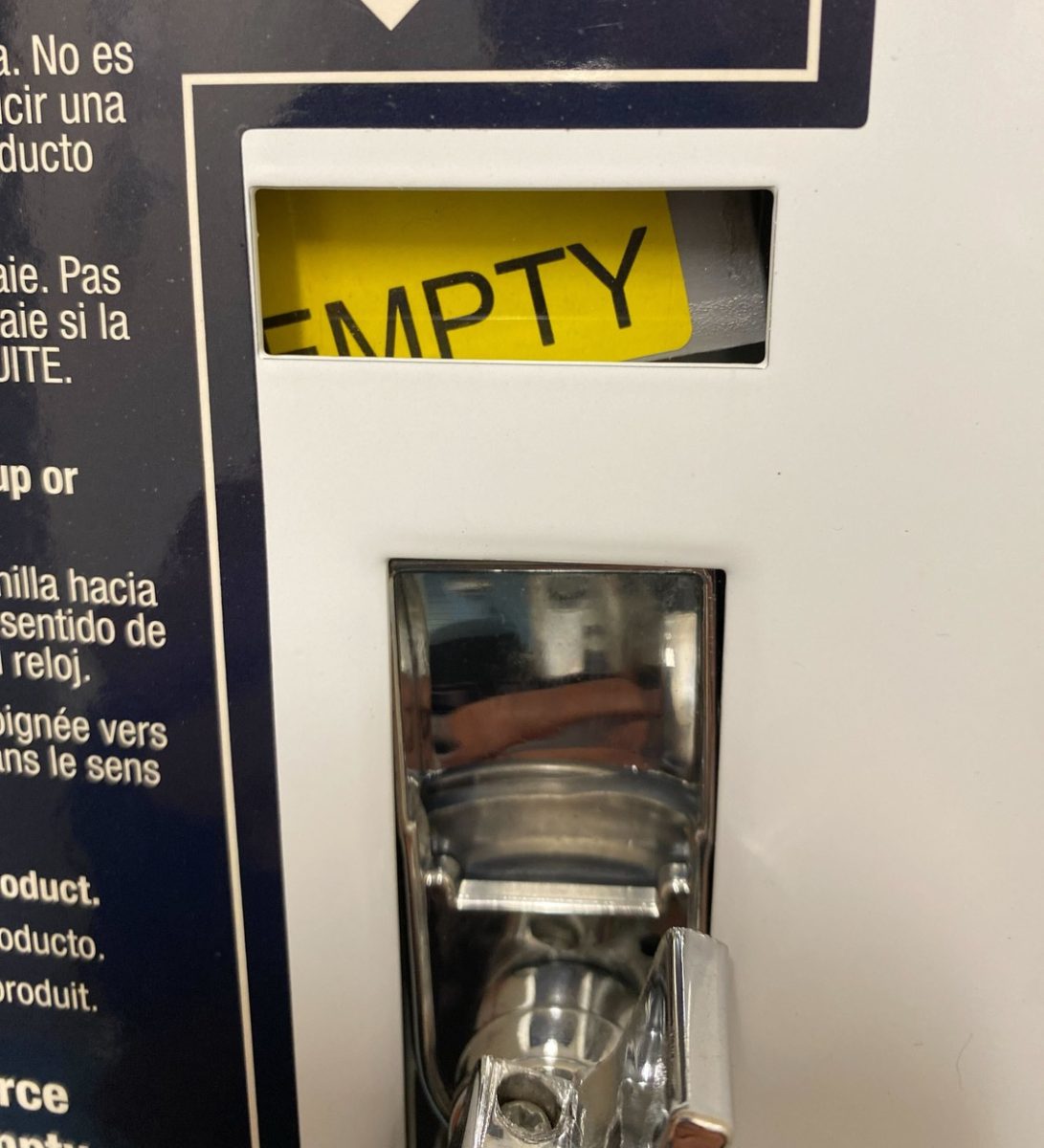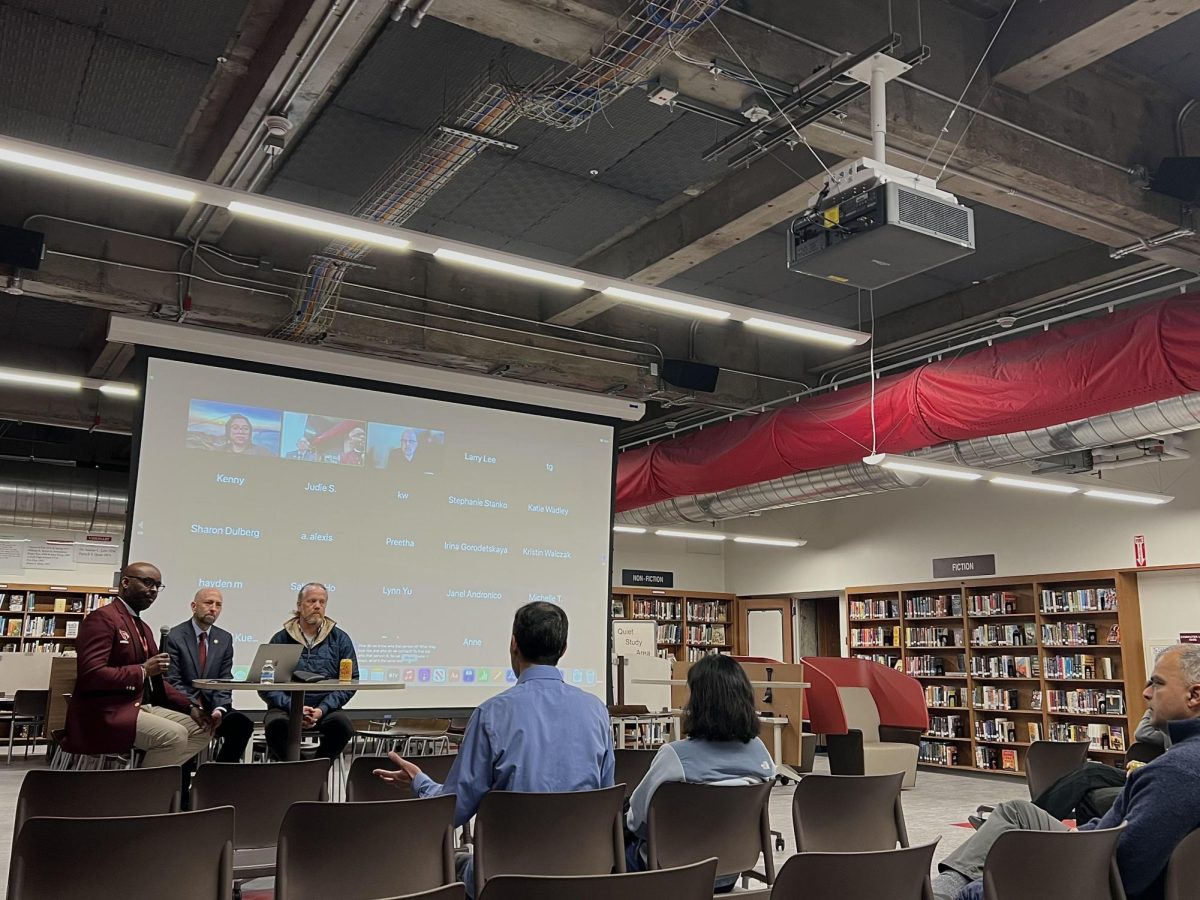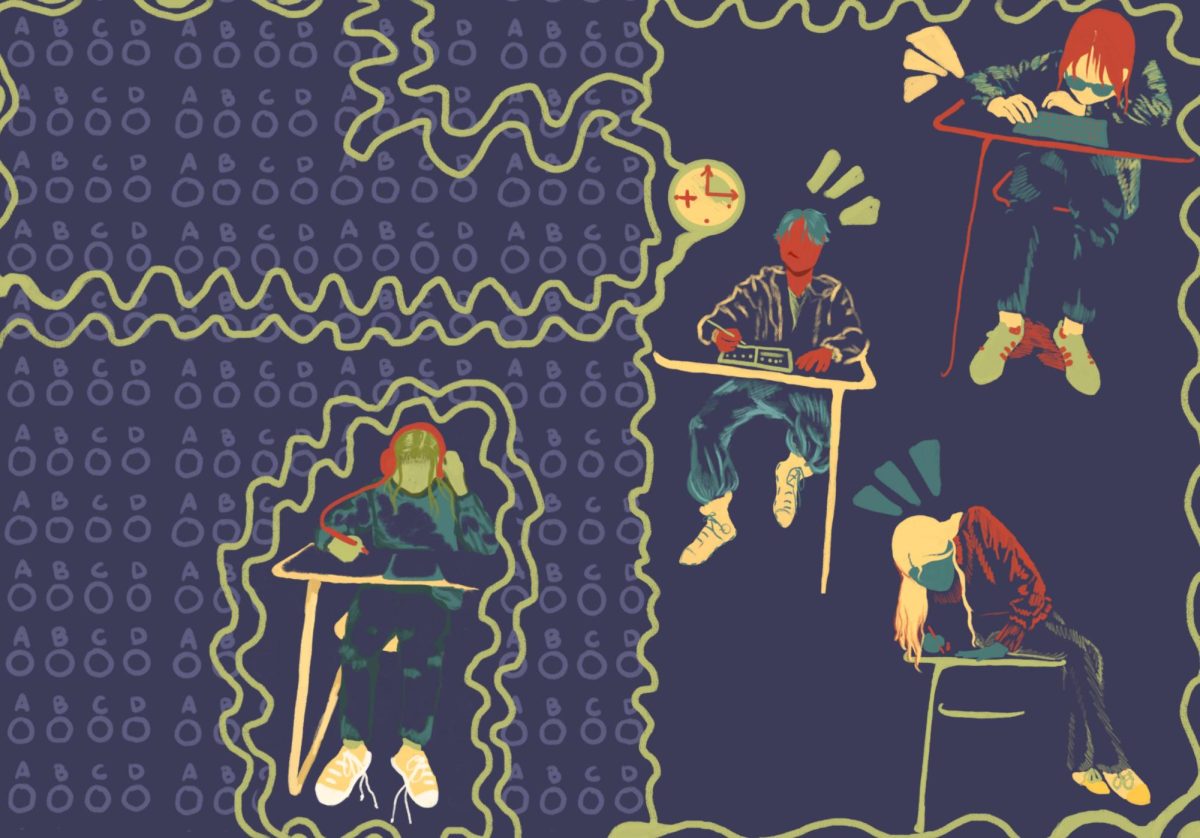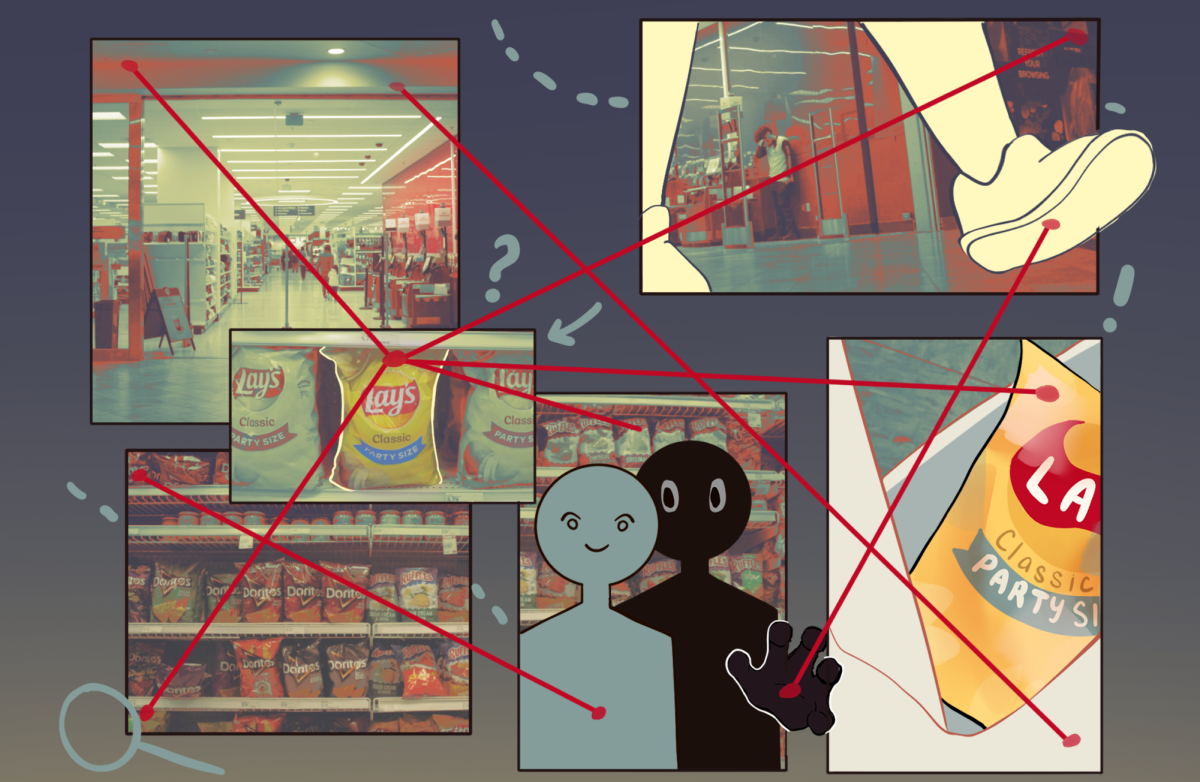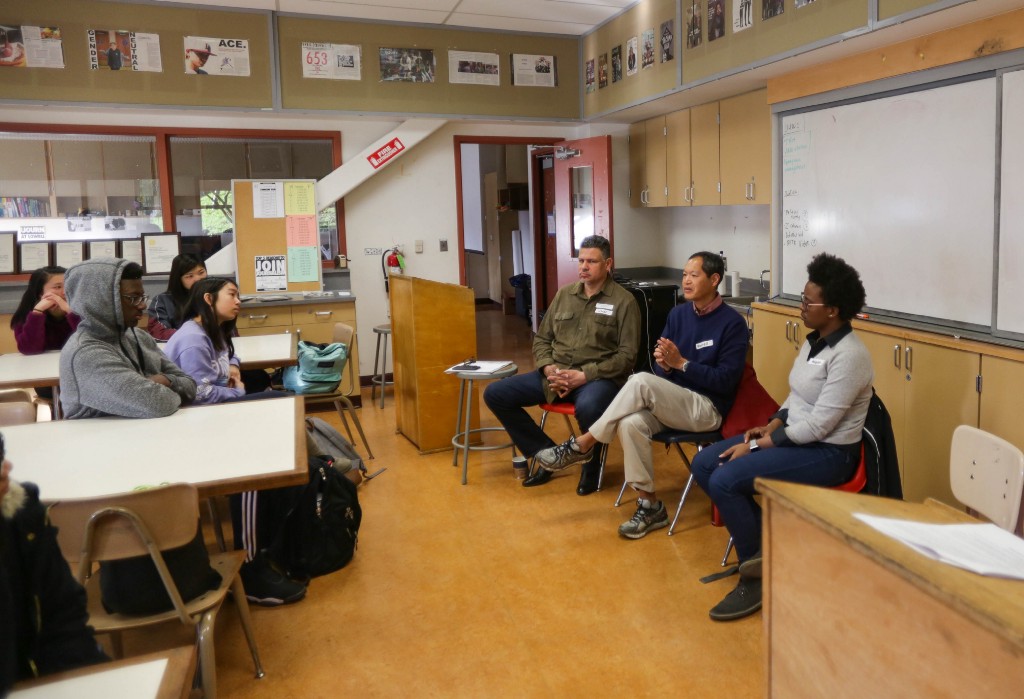
This year, Peer Resources is working on making Lowell a more inclusive community with projects, such as panel discussion with alumni of color, a program called Cardinal Connections Week and anti-hate posters.
Around 40 alumni of color came to Lowell on Jan. 31 for a panel organized by Peer Resources and cosponsored by the Lowell Alumni Association. Twelve different classes had the opportunity to ask them questions and discuss issues surrounding race.
“You can be a person of color and smart; they’re not mutually exclusive.”
In one of the twelve panels, Oscar Alonzo, an alumnus of class of ’79 who is now an oral surgeon, said that culturally, there was a stigma for people of color to come to Lowell. When he was on the track team, people didn’t expect him to be successful because he was Latino. He said there was self-segregation, and that the environment was competitive — students sabotaged each other’s chemistry labs.

In the same panel, Megan Dickey, alumna of class of ’07 who is now a journalist with the Silicon Valley news site TechCrunch, spoke of feeling like “a minority among minorities” because the black population at Lowell was so low when she attended, while the numbers of Asian and Latino students were higher. She emphasized that people of color have a right to be at Lowell. “You can be a person of color and smart; they’re not mutually exclusive,” Dickey said.
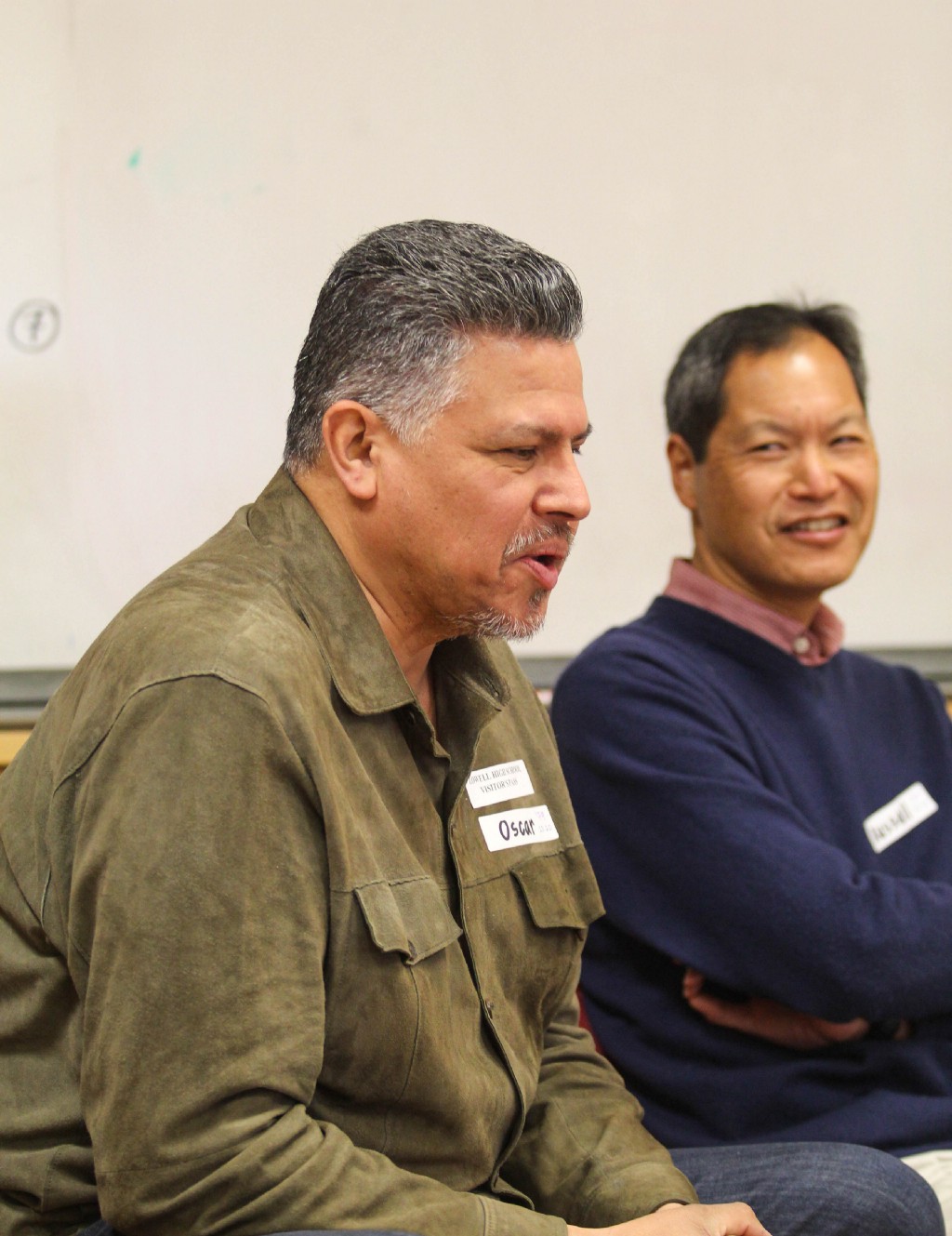
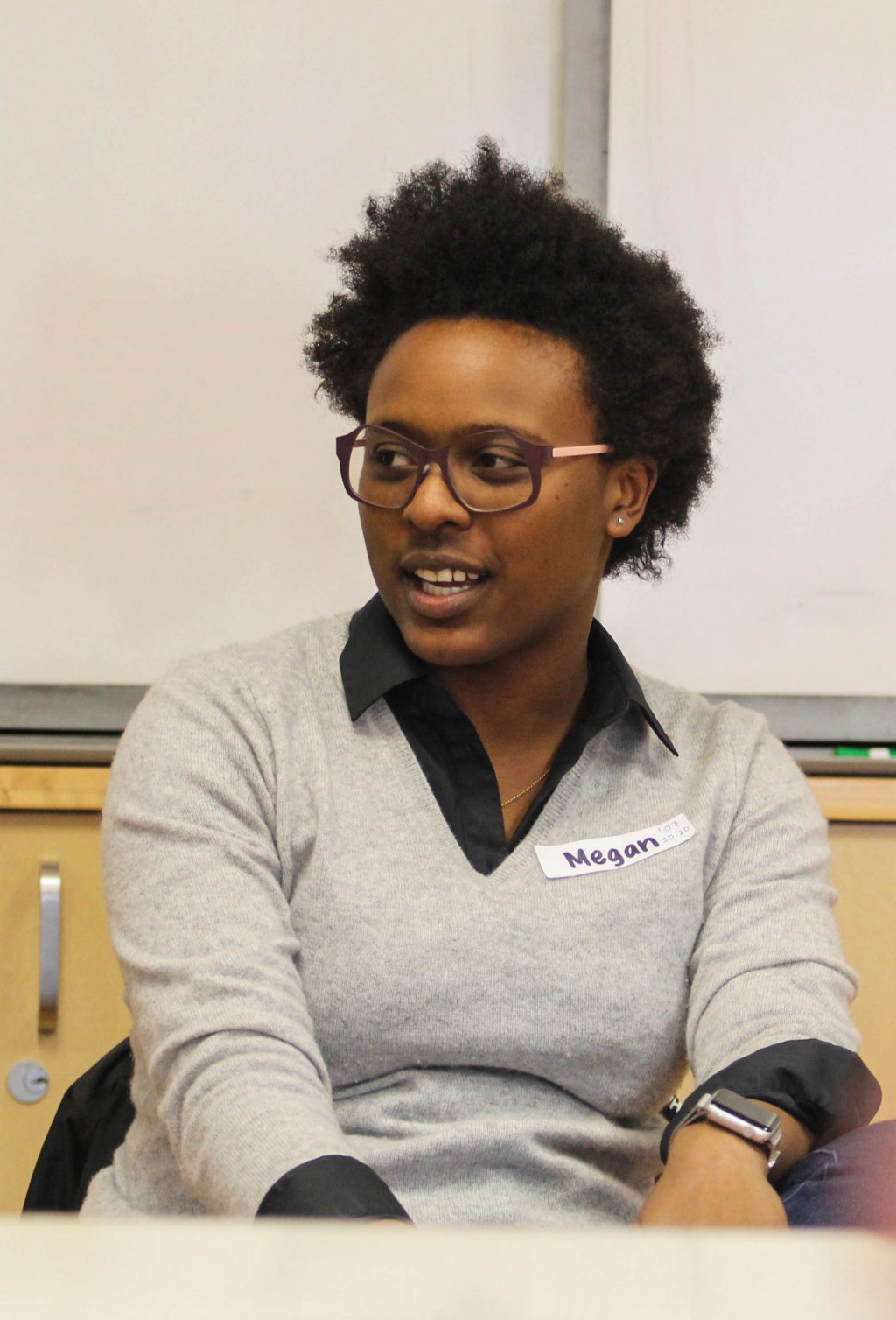
At Lowell, Dickey felt different and alone. Even though she felt like she didn’t fit in, she said that she doesn’t regret going and that it prepared her for college.
She remembered how she was not only one of the only women, but also one of the only black students in her computer science class. Eventually, she dropped the class but now regrets it. She told students to not let intimidation prevent them from taking a class they enjoy.
In journalism class, she wrote about her experiences as a person of color and how race is a social construct. Now, she writes about diversity in the tech industry.

The panelists also discussed microaggressions, comments or jokes that perpetrate negative stereotypes surrounding marginalized groups. For example, Latinos have been told to “pack their bags” now that Trump is president.
Russell Jeung, an alumnus of class of ’80 who is now a professor of Asian American Studies at San Francisco State University, said that when he was at Lowell, he would have been considered one of the bullies who perpetrated microaggressions. Now, however, he spoke out against them and said that people should intervene. “If you allow these microaggressions to continue, you’re part of the problem,” Jeung said.
Jeung pointed out that now, with the election of Trump, American people of color are facing macroagressions, racism on a larger scale. “My hope is your generation,” he said.
The alumni also gave advice to the students about how to succeed after Lowell and keep things in perspective. Alonzo told students to look at school as a marathon instead of a sprint. He also reminded students that grades weren’t everything and that many of the most important things you can learn cannot be graded.
With the panels and other activities, Peer Resources is responding to multiple reports of racist or homophobic incidents, in addition to hate speech incidents. They are trying to eliminate these microaggressions by educating the Lowell community about them.
“If you allow these microaggressions to continue, you’re part of the problem.”
Throughout the school year, the group works on multiple projects to raise awareness about microaggressions and other instances of everyday prejudice. Their work also includes trying to make members of marginalized groups feel more welcomed at Lowell.
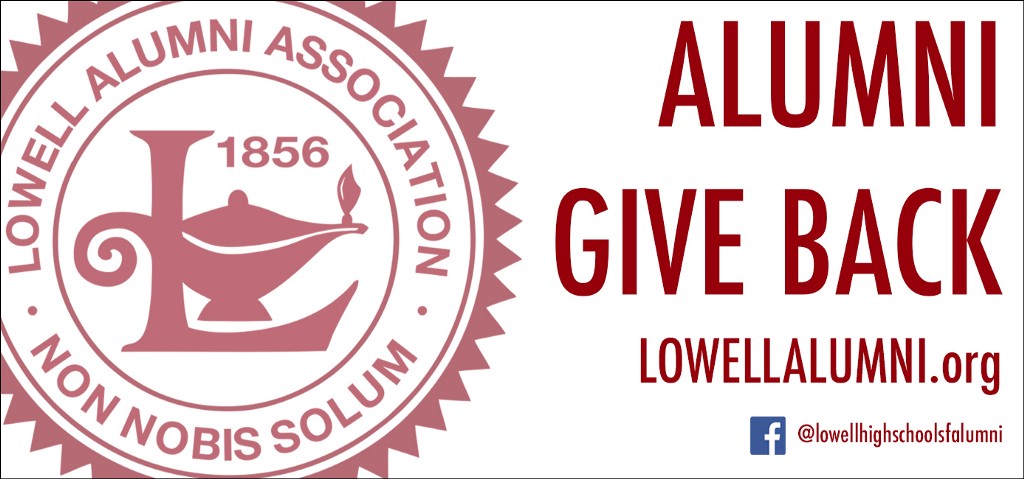
Junior Nina Gonzales, a member of Peer Resources, was one of the organizers of the panels. She believes that part of the problem of continued microaggressions at Lowell is a lack of communication in such a large school. When hate speech or microaggressions occur, many students don’t find out about it or have a chance to discuss the problem.
In their recent project, Cardinal Connections Week, from Jan. 9–13, Peer Resources launched a new program for the school to spend a week focusing on building a stronger sense of community among Lowell students and teachers.
Members of Peer Resources gave presentations to twelve classes and had them play a game called Chaos Collaboration to teach students that they can look to each other for help and support.
One of the posters says, “If you are the target of a racist act at Lowell, tell an adult.”
For the second stage of the program the classes came together in the auditorium and participated in a larger-scale activity. Students had colored dots put on their foreheads and were told to group themselves, but were not allowed to talk. The students grouped themselves by color, even though they hadn’t specifically been told to do so, making them more aware of how they subconsciously divide each other based on things they can’t control.
In another activity earlier this semester, students from Peer Resources put new anti-hate posters up around Lowell’s campus. One of the posters says, “If you are the target of a racist act at Lowell, tell an adult.”
The posters were a response to students’ responses to the outcome of the 2016 Presidential election, as well as incidents from the 2015–16 school year, such as the picture display hung in the library window last February that prompted the Black Student Union walkout, according to Peer Resources members sophomore Carmen Ramos and junior Asia Pai.
Feb. 16 at 11:05 a.m. correction: A previous version of this story incorrectly stated that the posters were a response to the 2016 Presidential election. The posters were a response to incidences happening since the election, and similar incidences happening for generations.
Feb. 16 at 2:00 p.m. correction: A previous version of this story incorrectly stated that the students during the Cardinal Connections Week activity were told to group themselves based on dot color. They were only told to group themselves, without instructions as to how. It was also stated that around 30 alumni attended the panels. The actual number of attending alumni was around 40.
Feb. 18 at 8:00 p.m. correction: This story was updated to include the fact that the alumni of color panels event was cosponsored by the Lowell Alumni Association.


